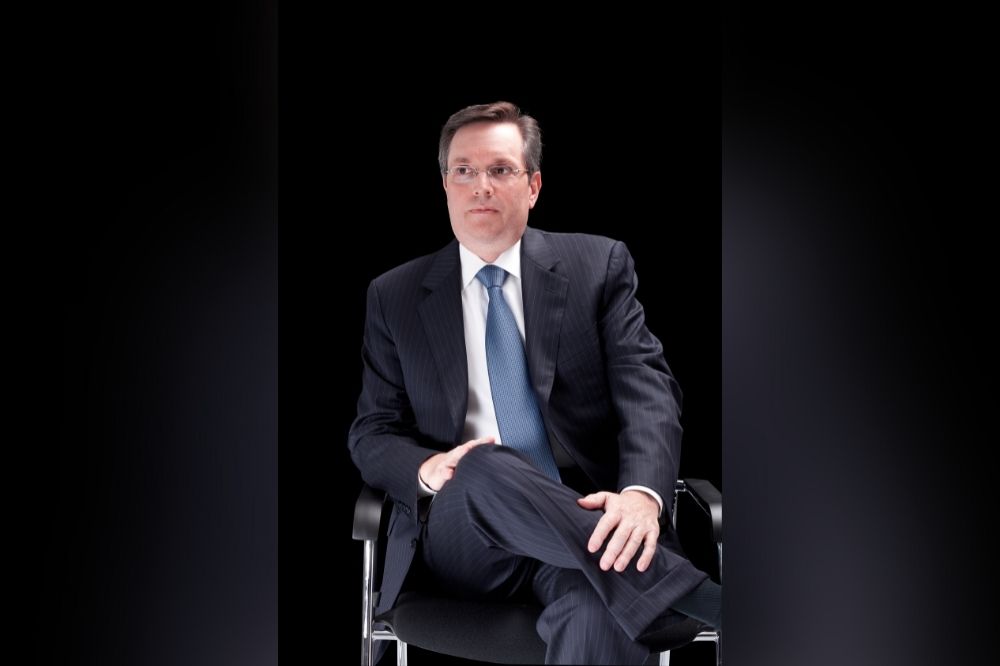Aspen US CEO on "sustainable underwriting"

Between heightened levels of catastrophe losses, vastly increased cyberattacks, social inflation, economic inflation, securities class actions, nuclear verdicts, higher settlement trends, and claims associated with the pandemic, the commercial market has experienced a significant tightening.
“This friction has been exacerbated by lower investment yields, which have been trending downwards for some time. This dynamic has created the need for an even greater focus on quality, sustainable underwriting,” Eisler stated.
Read more: Hard market in commercial lines – what can be done about it?
“For example, in the casualty lines, while there’s been a trend of increasing severity, there is confidence that pricing is now outpacing loss costs, with some lines of business seeing double or even triple-digit rate increases over successive years,” he continued.
As evidenced by these pricing trends, the focus on underwriting profitability has continued to increase for both short and long-tail lines of business.
“At Aspen, we feel confident in our pricing and risk selection, but we are ever mindful of the nature of long-tail business,” Eisler said. “It’s incumbent upon us to maintain and promote discipline with pricing adequacy and continue to engage in active portfolio management – especially given the backdrop of low investment yields.”
A core theme, Eisler noted, was that of the importance of valuing people.
“Talent management isn’t necessarily about hiring more staff to handle more submissions,” he said. “What matters is attracting, developing, and retaining quality talent who subscribe to this underwriting philosophy and are aligned to broader values.
“The reality is that companies are looking for experienced underwriters who have a track record of managing complex portfolios and delivering target margins through all market cycles. Experienced underwriters know how to have difficult conversations with a broker or risk manager, which is now a more pressing need in these current market conditions.”
The industry has withstood unprecedented changes and having experienced personnel lead on these issues is very valuable, particularly with respect to enhancing the quality of the underwriting process.
Read next: Talent is the ‘secret sauce’ to insurance’s makeover
“This kind of market allows underwriters to dictate that submissions must be of a sufficient quality and completeness, which helps to feed the sector’s renewed focus on risk information analysis and appropriate pricing,” he added. “If underwriters provide terms based on insufficient information or succumb to unreasonable timeframes, it’s an indictment of our industry.”
As commercial lines underwriters refine their approach to risk analysis, brokers will also need to step up in order to build meaningful relationships with clients.
“As we emerge from the pandemic, the very necessary dimension of interacting with clients in person will allow brokers to secure more detailed, risk profiles,” said Eisler added. “More insight and comprehensive information should help to drive better outcomes for both carriers and clients. This, in turn, will help to sustain the overall stability of commercial lines business.”





